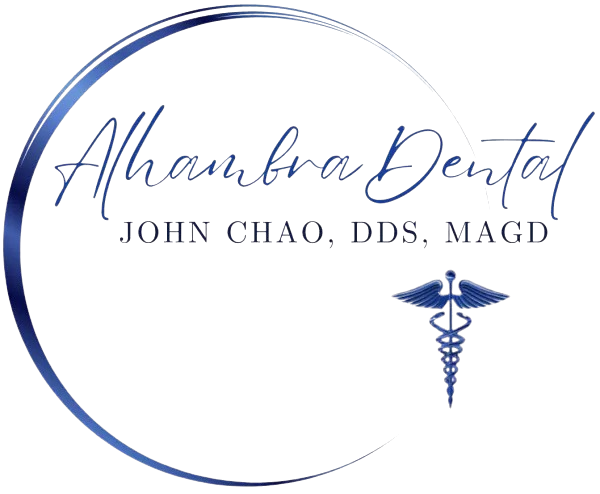It is currently estimated that one in three U.S. adults is living with high blood pressure, yet less than half have their condition under control, according to the American College of Cardiology.
A recent study confirmed the link between gum disease and high blood pressure.
This study, published in the American Heart Associated journal Hypertension, included more than 11, 750 U.S. adults who were examined between 2009 and 2014. The goal of the study was to see if gum disease has any impact on blood pressure control.
After analysis, researchers found that among those with high blood pressure, those with gum disease had 2.3 – 3 mm Hg higher systolic blood pressure than those with healthy gums. Furthermore, patients with gum disease were also less likely to have their blood pressure under control with medication than those with good oral health.
The authors of this study suggest that gum disease may impact outcomes in patients with high blood pressure. Since these results indicated treatments for high blood pressure may not be as effective in patients with gum disease as it would in patients with good oral health. Hence, taking care of the teeth and gums may be an important way to help promote a healthy blood pressure.
Although the investigators cannot state, yet, there is a cause and effect between the two diseases, they point out that their findings add to a body of evidence linking gum disease to poorer heart health.
Gum disease, also referred to as periodontal disease, causes chronic inflammation of the gums. It currently affects nearly half of Americans over 30. Experts believe that inflammation from gum disease may trigger or worsen inflammation in other parts of the body, including blood vessels and arteries.
The best way to prevent gum disease is to see your dentist regularly and follow home card instructions, especially as to minimizing sugar intake.
So, if your follow your dentist’s advice, your dentist not only can save your teeth, but also your life.





